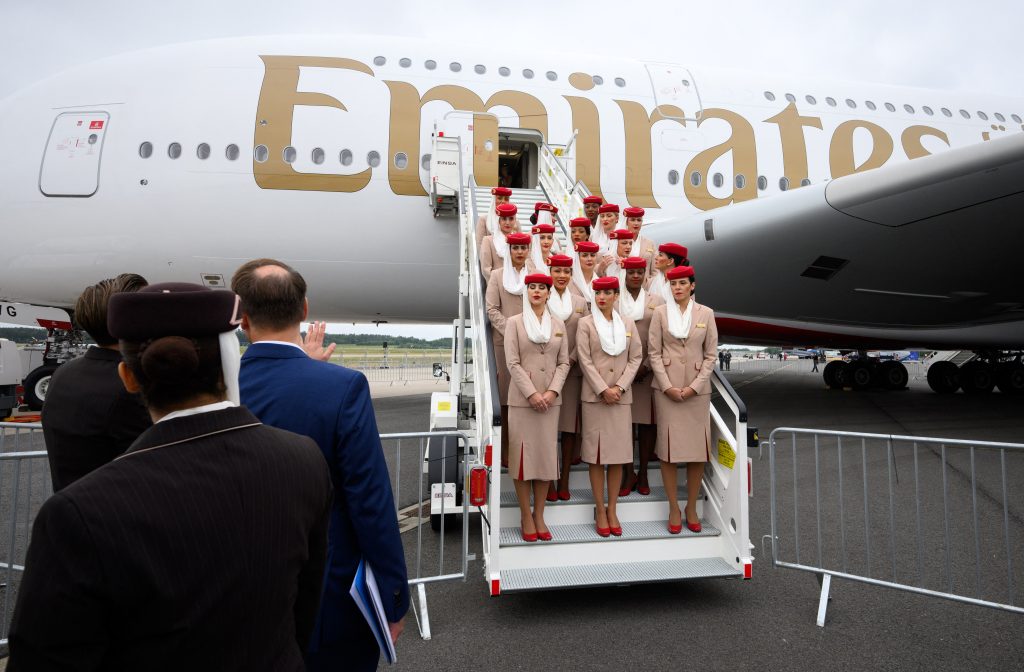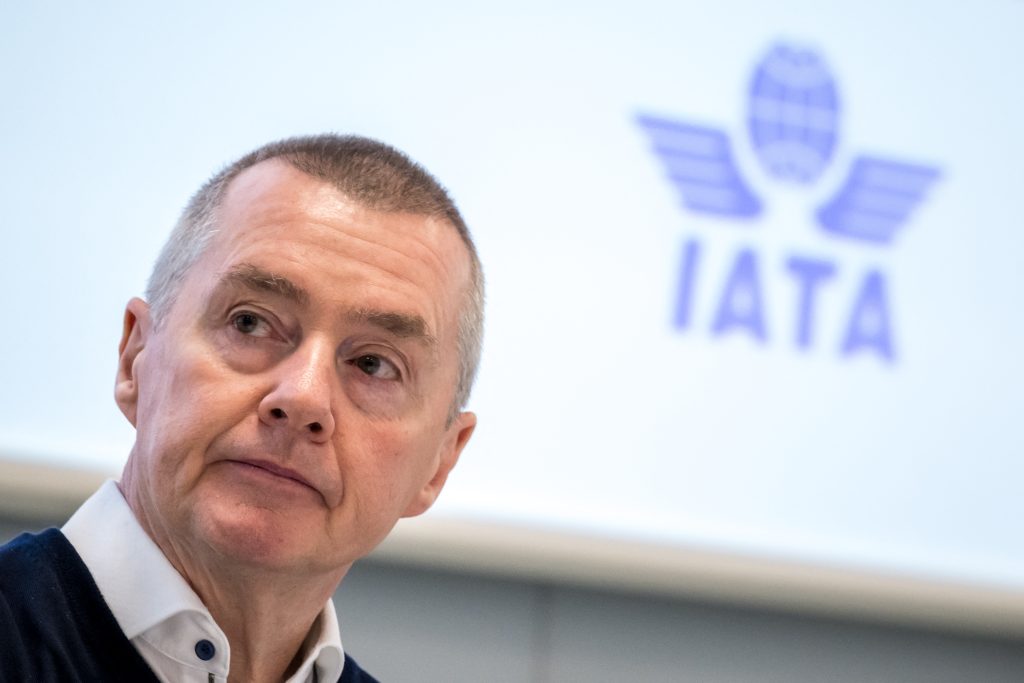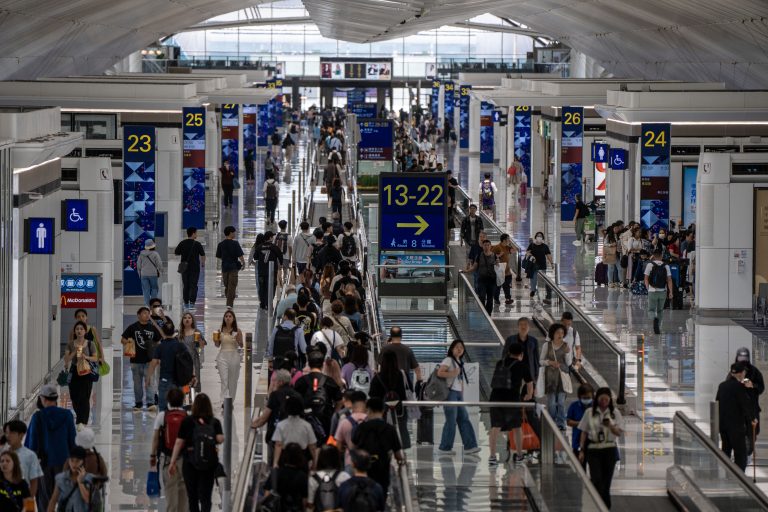Dubai – Airlines are expecting to fly nearly 5 billion passengers in 2024, a new record beating the pre-Covid pandemic high in 2019, trade industry association IATA said on Monday (3).
IATA airline association also said at its annual meeting in Dubai, United Arab Emirates, that it expected the world’s airlines to post USD 30 billion in net earnings this year. The airline industry’s total revenues are expected to rise to USD 996 billion this year.

The expected profit “is a great achievement considering the recent deep pandemic losses”, IATA director general Willie Walsh told the trade body’s annual general meeting in Dubai. The industry body includes more than 300 airlines accounting for 83% of global traffic.
The 4.96 billion passengers expected to fly this year would surpass 2019’s record 4.54 billion.
The health crisis had plunged the airline sector into abysmal losses. IATA put the losses at USD 183 billion between 2020 and 2022.
“The post-COVID recovery has been remarkable,” Vik Krishnan, airline sector specialist at McKinsey, describes to AFP, even if there are “contrasts depending on the region”: “domestic lines in the United States are doing very well, like in China,” but other markets remain behind, notably domestic networks in France and Germany, he notes.
Airlines face rise in costs
In 2023, the net profit was estimated at USD 27.4 billion. Walsh pointed out that profitability remains relatively low for his sector: 3% net margin in 2024.
“Earning just USD 6.14 per passenger is an indication of just how thin our profits are – barely enough for a coffee in many parts of the world,” Walsh said.

Their total expenses are also expected to hit a record high this year, climbing 9.4% to USD 936 billion, IATA said.
This will be fueled particularly by a fuel bill of USD 291 billion, or 31% of operational costs, based on a barrel of kerosene at USD 113.8.
“It is very important that we achieve sustainable profitability. This will allow companies to fully invest in the products our customers want, and the means to achieve net zero CO2 emissions in 2050,” added the CEO.
Emissions
To achieve “net zero emissions” of CO2 by 2050, IATA is banking 65% on fuels of non-fossil origin – sustainable aviation fuel, or SAF – with optimization of operations on the ground and in the air, and carbon offsets.
Read more:
SAF: A solution to cut aviation emissions
Production of SAF, taken from renewable sources, will triple this year compared to 2023, IATA said on Sunday, but it will account for just 0.53% of the industry’s fuel needs in 2024.
Reproduction is prohibited
Translated by Guilherme Miranda




